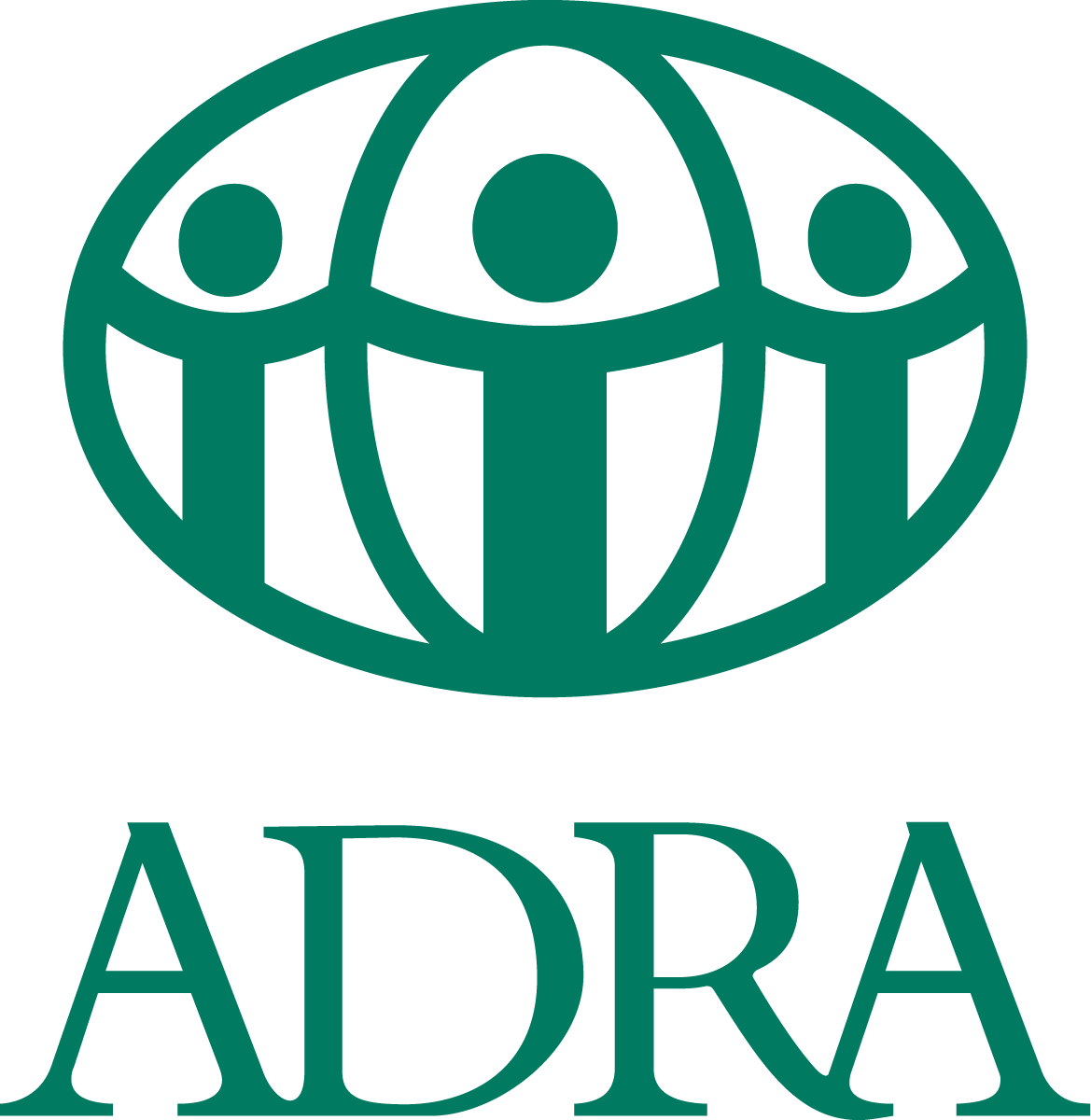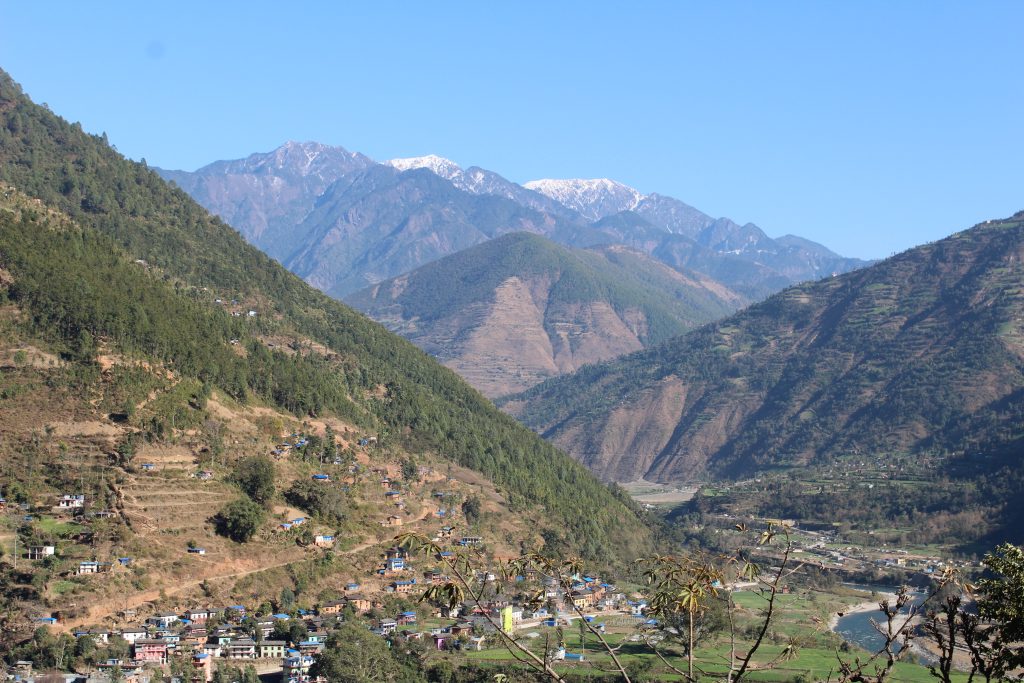
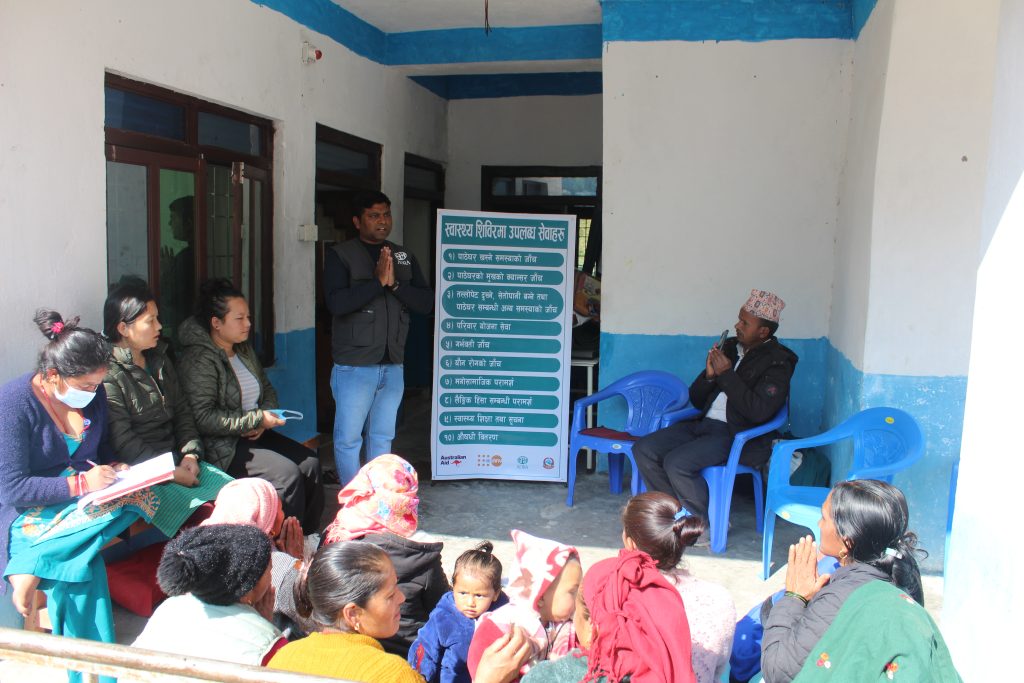
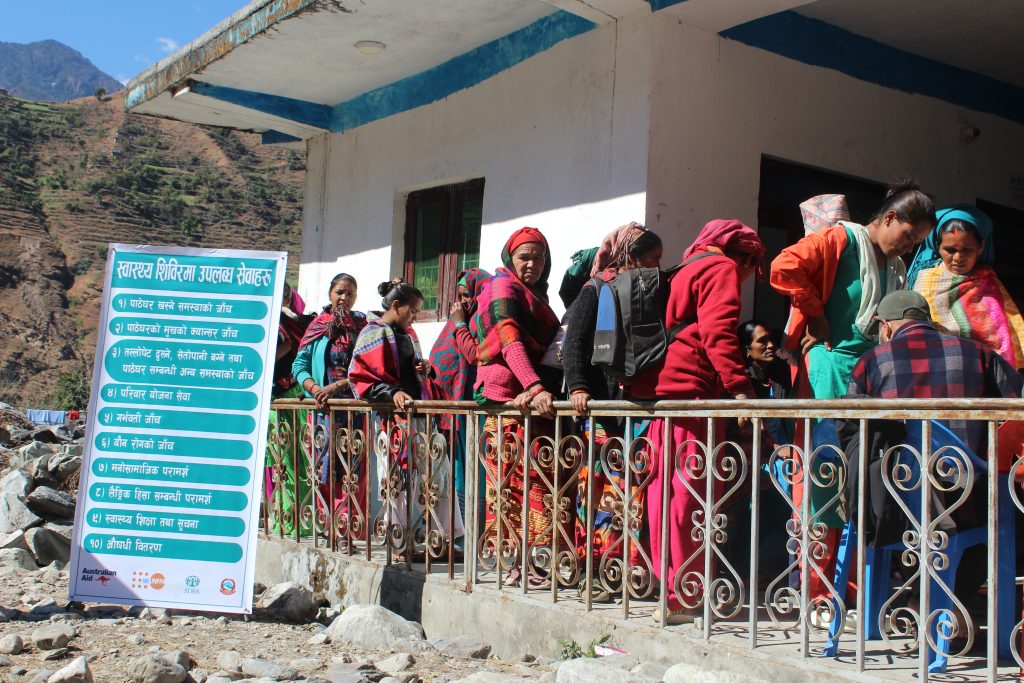
Operating Health Camps in remote areas can be challenging. Our team returned with stories of rain, snow, tire punctures, and power outages. They also shared heart-warming stories of meeting women who have been struggling for years with reproductive health problems and who were able to access specialist services, including screening, treatment, and counseling, during their visit to the integrated reproductive health camps.
Integrated Reproductive Health Camps are two-day ‘pop up’ clinics that ADRA is running in the earthquake-affected area of Jajarkot. The two camps, in Tallu Bagar and Kaina of Nalgad municipality, provided essential services for people in the surrounding villages, with some walking for 2-3 hours to attend.
Specialist services and a female gynecologist have not been available in this area for a long time, and hundreds of women were eager to access the service.
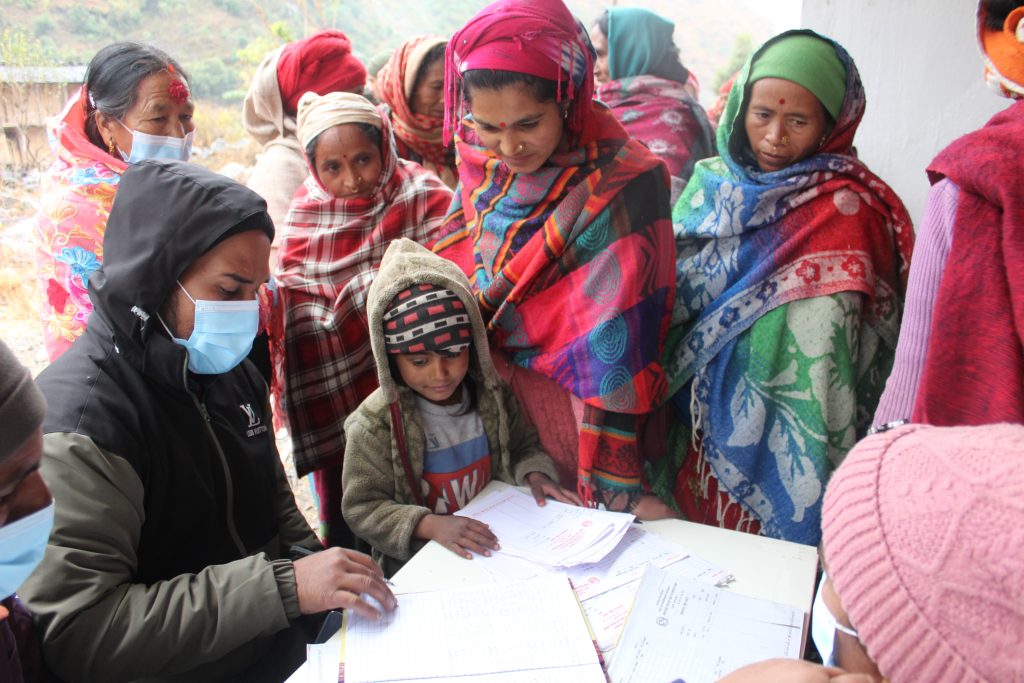
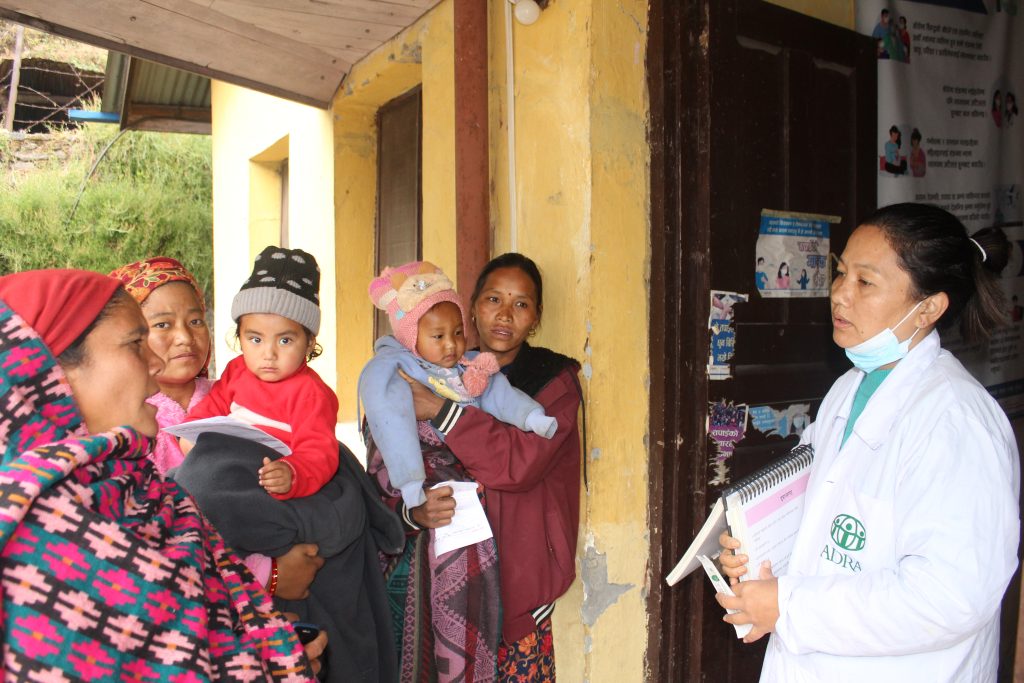
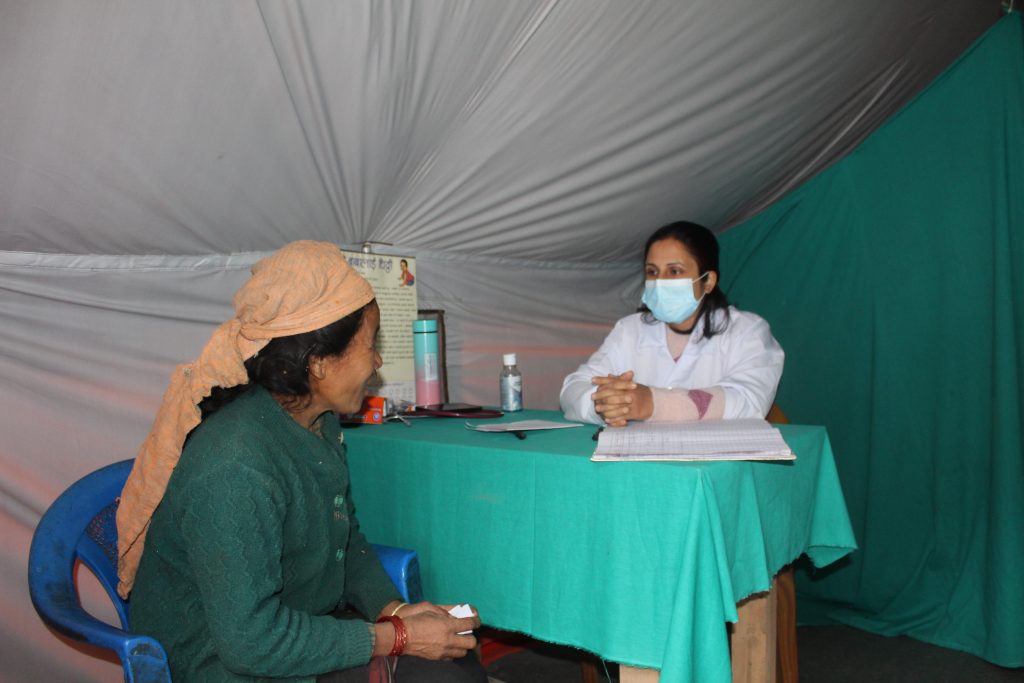
The camps, funded by ADRA Network, UNFPA, and the Australian Embassy, were implemented by ADRA Nepal and provided general checkups, family planning services, psycho-social counselling, screening, treatment, and medicines for pelvic organ prolapse and cervical cancer. The program also covers the costs for women diagnosed with third-degree cases of pelvic organ prolapse who are recommended for surgery. ADRA will run more integrated reproductive health camps in other earthquake-affected areas in the coming months.
“It was great to take these specialized reproductive health services in earthquake-affected communities where we had previously helped with emergency shelter and winterization kits. The landscape is now dotted with the blue roofs of temporary shelters made of wood and sheet metal provided by the government. They provide a more permanent structure than the emergency shelters, but it is still winter and very cold inside them. In speaking with the mayor and municipality, we have found out about the new challenges the communities now face. Many people are struggling with their livelihoods and facing increased poverty” Dr Suman Rawal, Disaster Risk Management Coordinator, ADRA.
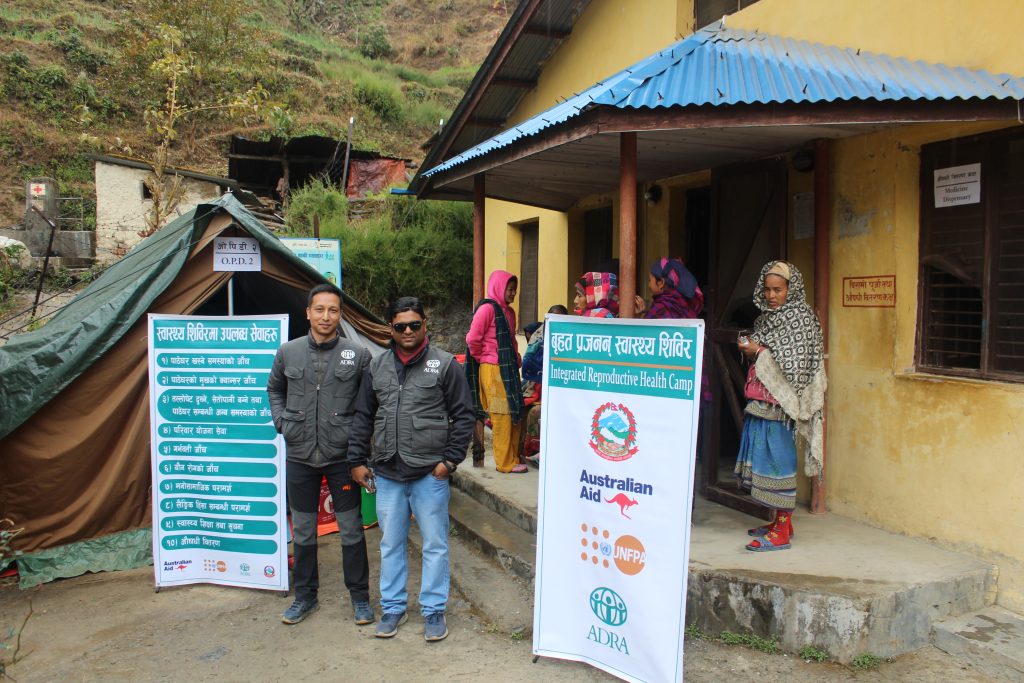
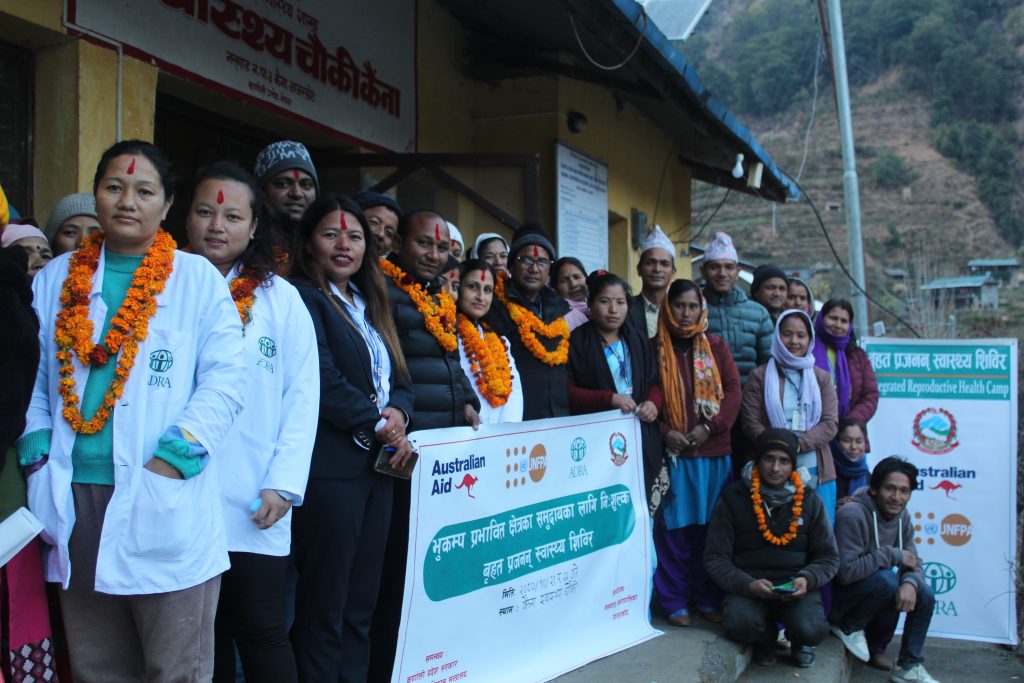
More than 900 women participated in the two camps, many opting for general health checkups. Additionally, 203 women utilized family planning services, 125 underwent cervical cancer screening, and 251 underwent screening for pelvic organ prolapse. Among the latter group, 5 individuals will receive further assistance for surgical intervention.
Thanks to the UNFPA, Australian Embassy, and the ADRA Network for their support.
